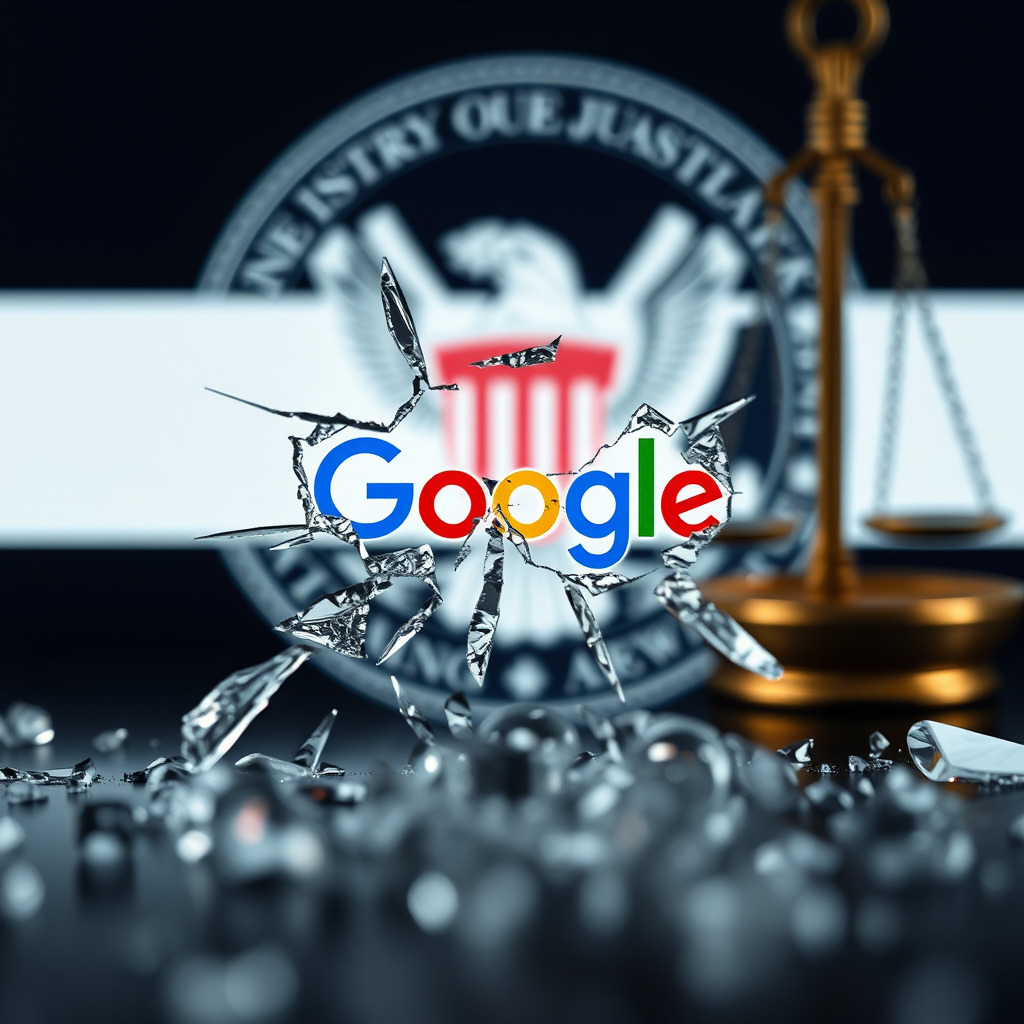In a high-stakes legal showdown that could reshape the digital advertising landscape, the U.S. Department of Justice (DOJ) has launched its second major antitrust trial against tech giant Google. The trial, which began on September 9, 2024, focuses on allegations that Google has unlawfully monopolized the digital advertising market, potentially inflating costs for advertisers and reducing revenues for publishers.
The Battle Continues
This latest legal confrontation comes on the heels of a previous ruling where Google was found to have illegally dominated the online search market. The DOJ’s current lawsuit, filed in January 2023, takes aim at the heart of Google’s revenue engine: its advertising technology.
“This is kind of a one-two punch,” says Vanderbilt Law School antitrust professor Rebecca Haw Allensworth. “Google is probably licking its wounds from having lost the last one. And it would be bad for it to lose this one, for sure.”
The Allegations
The DOJ argues that Google has leveraged its acquisitions, particularly the purchase of DoubleClick in 2007, to establish a monopoly in digital advertising technology. This move allegedly allowed Google to control both the supply of ad space and the demand from advertisers, effectively creating a “walled garden” that locks out competitors.
According to the DOJ, Google’s practices have harmed publishers and advertisers alike, forcing them to rely on its services while inflating advertising costs. The government claims that Google’s actions constitute a violation of the Sherman Antitrust Act.
The Stakes
The outcome of this trial could have far-reaching implications for the tech industry and digital advertising as a whole. If the DOJ prevails, potential remedies could include the divestiture of certain advertising technologies, which would significantly alter Google’s business model.
Evelyn Mitchell-Wolf, a senior analyst at Emarketer, notes that a ruling against Google could lead to “logistical headaches” for publishers and advertisers in the short term, as they would need to find alternative tools. However, the long-term goal is to revive competition in the industry.
Google’s Defense
Google, for its part, maintains that its advertising tools provide value and efficiency to publishers and advertisers. The company argues that the government’s view of the market is outdated and fails to account for the vigorous competition it faces.
A Google spokesperson stated, “The government’s lawsuit ignores the reality of today’s dynamic digital advertising space, where we compete against hundreds of companies like Amazon, Apple, Meta, Microsoft, and TikTok.”
A Technical Battle
The case involves highly technical aspects of the digital advertising ecosystem, including demand-side platforms, supply-side platforms, and ad exchanges. This complexity could play a crucial role in the trial’s outcome.
“A lot of it’s going to come down to who’s the best storyteller,” Allensworth predicts, highlighting the challenge of explaining these intricate systems to the judge.
Broader Implications
This trial is not just about Google; it’s part of a larger trend of increased scrutiny on Big Tech. A victory for the DOJ could embolden further antitrust actions against other tech giants.
As reported by The New York Times, “The case is being closely watched as a barometer of the government’s power to rein in the dominance of Big Tech.”
What’s Next
The trial is expected to last several weeks, featuring testimonies from industry experts and executives. Key witnesses may include YouTube CEO Neal Mohan and representatives from companies like The Trade Desk and BuzzFeed.
As the digital advertising world watches with bated breath, the outcome of this trial could set precedents for how antitrust laws are applied in the rapidly evolving tech sector. Whether Google’s ad tech empire will stand or fall remains to be seen, but one thing is certain: the repercussions of this case will be felt far beyond the courtroom.


















